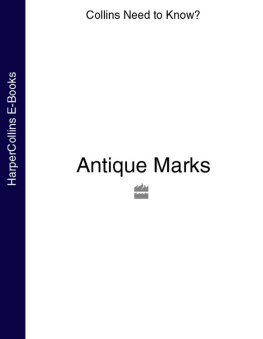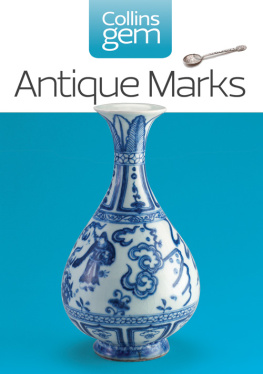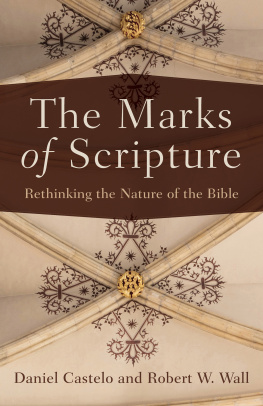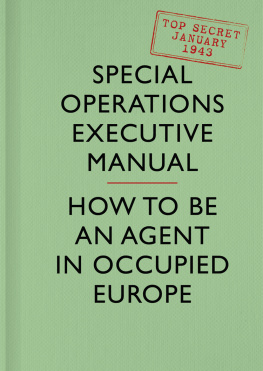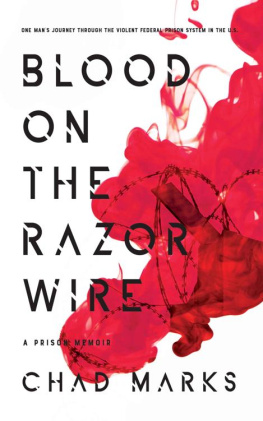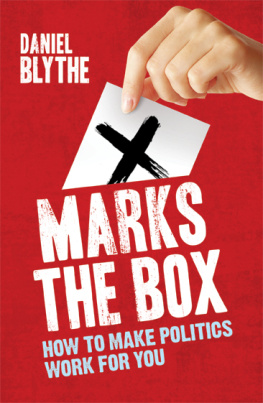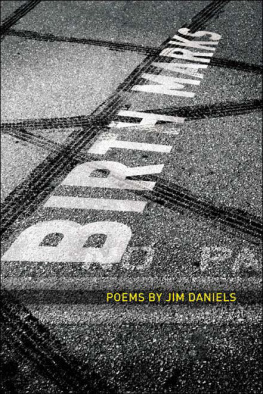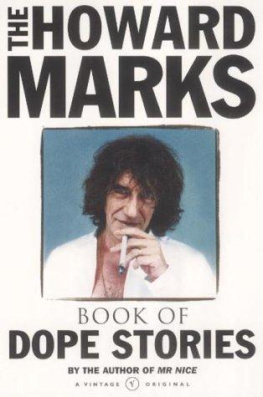Between Silk And Cyanide:A Codemakers War,1941-1945
BY
LEO MARKS
In December 1943 I wrote a poem which I gave to Violette Szabo to use as a code.
This book is dedicated to all those who have shared it with her.
The life that I have
Is all that I have
And the life that I have
Is yours.
The love that I have
Of the life that I have
Is yours and yours and yours.
A sleep I shall have
A rest I shall have
Yet death will be but a pause.
For the peace of my years
In the long green grass
Will be yours and yours and yours
ONE
A Hard Man to Place
In January 1942 I was escorted to the war by my parents in case I couldn't find it or met with an accident on the way. In one hand I clutched my railway warrantthe first prize I had ever won; in the other I held a carefully wrapped black-market chicken. My mother, who had begun to take God seriously the day I was called up, strode protectively beside mepraying that the train would never arrive, cursing the Fhrer when she saw that it had and blessing the porter who found me a seat. Mother would have taken my place if she could, and might have shortened the war if she had.
My father, who was scarcely larger than the suitcases he insisted on carrying, was an antiquarian bookseller whose reading was confined to the spines of books and the contents of the Freemason's Chronicle. His shop was called Marks & Co. and its address was 84 Charing Cross Road. He never read the gentle little myth by Helene Hanff; long before it was published he'd become one himself.
My parents accompanied their only joint venture to the door of the train and, for the first time in twenty years, prepared to relinquish him. Mother's farewell to her only child was the public's first glimpse of open-heart surgery. Late-comers were offered a second. As I entered the carriage clutching my chicken and bowler hat, she called out at the top of her voiceif it had one'LOOK AFTER MY BOY.'
The captain in the seat opposite me accepted the brief. To distract me from the spectacle of Mother comforting Father and the station master comforting them both, he silently proffered his cigarette case. I indicated my virgin pipe.
'Going far, old son?'
My security-minded nod convinced him, if Mother's performance hadn't already, that I was being dispatched to some distant outpost of what remained of Empire. I was, in fact, going all the way to Bedford.
I had been accepted as a pupil at a school for cryptographers. Gaining admission hadn't been easy; I'd written to the War Office, the Foreign Office and the Admiralty, enclosing specimens of my homemade codes with a curriculum vitae based loosely on fact, but no more loosely than their formal replies stating that my letters were receiving attention. Since codes meant as much to me as Spitfires did to those who had guts, I resolved to make one last try and suddenly remembered that I had a godfather named Major Jack Dermot O'Reilly who worked in the Special Branch at Scotland Yard. I also remembered that Major Jack (like Father) was a Freemason, a branch of the Spiritual Secret Service for which I was still too young.
Arriving at the Special Branch unannounced, I called upon Major Jack carrying my codes in my gas-mask case, which he clearly considered was the most appropriate place for them. However, he must have put his 'Brother' before his country because a few prayers later I was invited by the War Office to attend an interview at Bedford 'to discuss my suitability for certain work of national importance'.
My audition took place at a large private house which tried to ramble but hadn't the vitality. A friendly sergeant told me the CO was expecting meand I had my first meeting with Major Masters, the headmaster of the code-breaking school. He began the interview by asking what my hobbies were.
'Incunabula and intercourse, sir.'
It slipped out and wasn't even accurate; I'd had little experience of one and couldn't afford the other. I suspected that he wasn't sure what incunabula was and added: 'And chess too, sirwhen there's time,' which proved a better gambit.
I answered the rest of his questions honestlywith one exception. He asked me how I first became interested in codes. There is only one person to whom I've ever told the truth about this and we hadn't yet met. The reply I concocted didn't impress him. I didn't think much else had either.
Three weeks later I received his letter of acceptance.
The school for code-breakers was the only one of its kind in England and its founding father, patron saint and principal customer was Britain's cryptographic supremo, John Tiltman. According to O'Reilly, Tiltman's talent had already received the ultimate Intelligence accolade: it had made him a bargaining counter with the Americans.
The course was due to last for eight weeks, at the end of which the students would be graded and sent to Bletchley Park, which was Tiltman's workshop and the headquarters of the cryptographic department, known in the trade as MI8.
Fifteen new pupils, including two young women, had been selected for the course and we sat at separate desks in a large, bright room, studying the mating habits of the alphabet, counting the frequency of letters and working our way through exercises which gradually became more difficult until we were ready to tackle codes of military and diplomatic level.
For a short while the whole class seemed to be moving in orderly mental convoy towards the promised land of Bletchley. But amongst those potential problem-masters there was one confirmed problem pupil. I knew that if I didn't break behaviour patterns as well as codes, I would be lucky to last the terma prospect which made me keep peace with my teachers for a personal best of about a week. The regression started when I felt a code of my own simmering inside me. This unwanted pregnancy was accompanied by morning sickness which took the form of questioning the quality of the exercises which Were supposed to extend us. I was convinced that the school's methods of teaching would be better suited to a crash course in accountancy. The decline was irreversible when I tried to find quicker ways of breaking codes than the ones prescribed for us, and began to chase cryptographic mirages of my own making. Having somehow absorbed a few tricks of the trade, I spent hours trying to devise codes which would be proof against them.Although possibly not quite the waste of time it was then pronounced to be, this was still chronic indiscipline masquerading as creative impulse.
The chief instructor was a patient, conscientious lieutenant named Cheadle. He wandered round the classroom once a day, peering hopefully over the students' shouldersurging us to 'dig out the root problems like a corn'. When he came to my desk, he found nothing to excise. He was like a chiropodist treating a wooden leg which insisted on kicking him.
By the time I was halfway through the course, all the others had reached the final exercise. Since I had no hope of closing the gap, I decided that I had nothing to lose by vaulting it. It was strictly against the rules for any student to remove work from the premises; there was no law against memorising it. By scanning the code until it became my favourite face, I was able to take all its key features home with me, slightly blemished by the pots before my eyes.
'Home' in Bedfordshire, a county which deserved its duke, was a boarding houseone of many in which the students were billeted. I had been instructed to tell the landlady that I was from the Ministry of Information. At supper time that night min hostess, as usual, placed a piece of spam beside me and the code surrendered at the sight of it. It laid down its arms and said 'enough'. The rest was just hard work, a matter of gathering in. Twenty-four hours later I was the proud possessor of a finished exercise.


